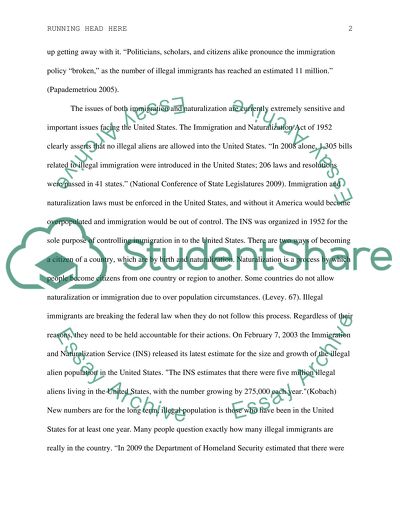Cite this document
(“Negative Effects of Illegal Immigration in the U.S Term Paper”, n.d.)
Retrieved from https://studentshare.org/environmental-studies/1417351-negative-effects-of-illegal-immigration-in-the-us
Retrieved from https://studentshare.org/environmental-studies/1417351-negative-effects-of-illegal-immigration-in-the-us
(Negative Effects of Illegal Immigration in the U.S Term Paper)
https://studentshare.org/environmental-studies/1417351-negative-effects-of-illegal-immigration-in-the-us.
https://studentshare.org/environmental-studies/1417351-negative-effects-of-illegal-immigration-in-the-us.
“Negative Effects of Illegal Immigration in the U.S Term Paper”, n.d. https://studentshare.org/environmental-studies/1417351-negative-effects-of-illegal-immigration-in-the-us.


